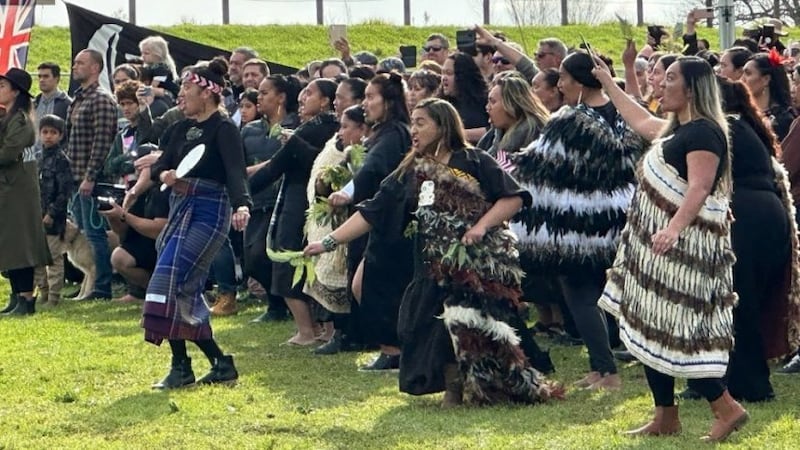Today marks the signing of the Deed of Settlement following three decades of negotiations between Te Whakatōhea and the Crown. For both, it signals the start of a new relationship founded on trust, cooperation and partnership, just as it was meant 183 years ago.
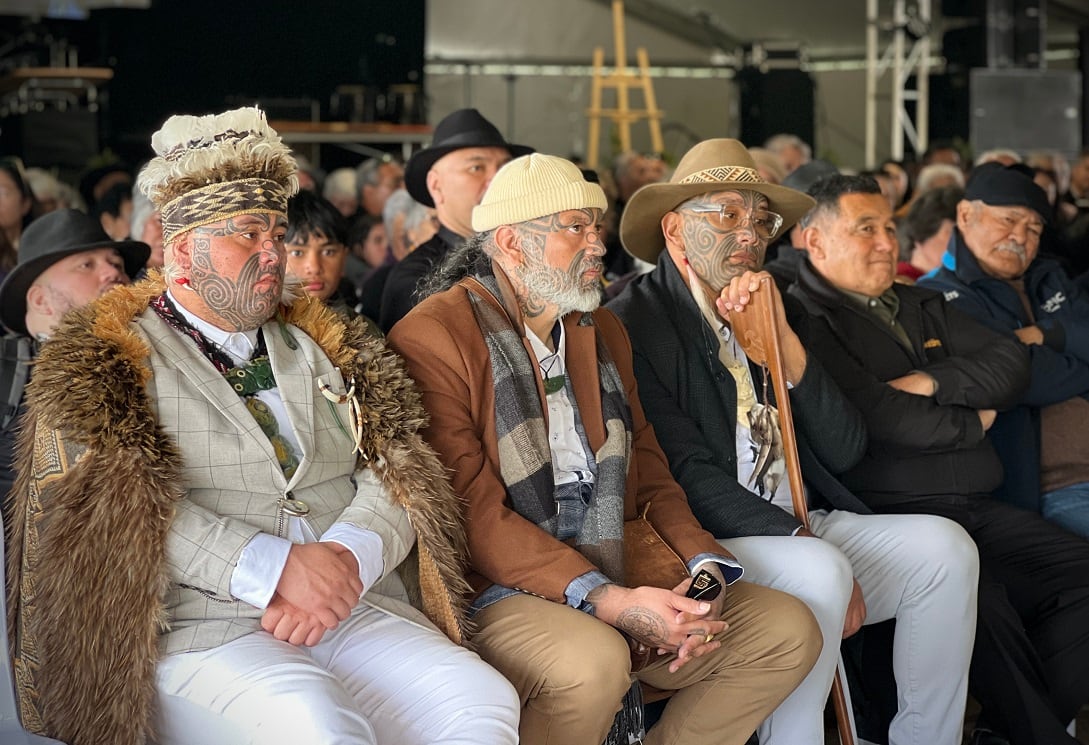
"He rā maumahara i ā rātou i mate i roto i te raupatu, mai i tērā wā tae noa atu ki tēnei rā, kōtahi rau rima tekau mā waru tau; rātou katoa i tatari mō tēnei rā," hei tā Te Kāhautu Maxwell.
"Today marks the commemoration of lost land in confiscation. It's been 158-years since then, they have been waiting for this day to come," said Te Kāhautu Maxwell, Te Whakatōhea.
Project Manager Whakatōhea Iwi Settlement Arihia Tuoro says, “The tears, the sadness but also the elation, that we made it, they (deary departed) may not be here with us but we’ve done it for them."
Minister of Treaty Negotiations Andrew Little delivered an official apology to Te Whakatōhea. On behalf of the Government, he acknowledges the historical accounts; financial and cultural redress for historical breaches of Te Tiriti that caused harm to Te Whakatōhea.
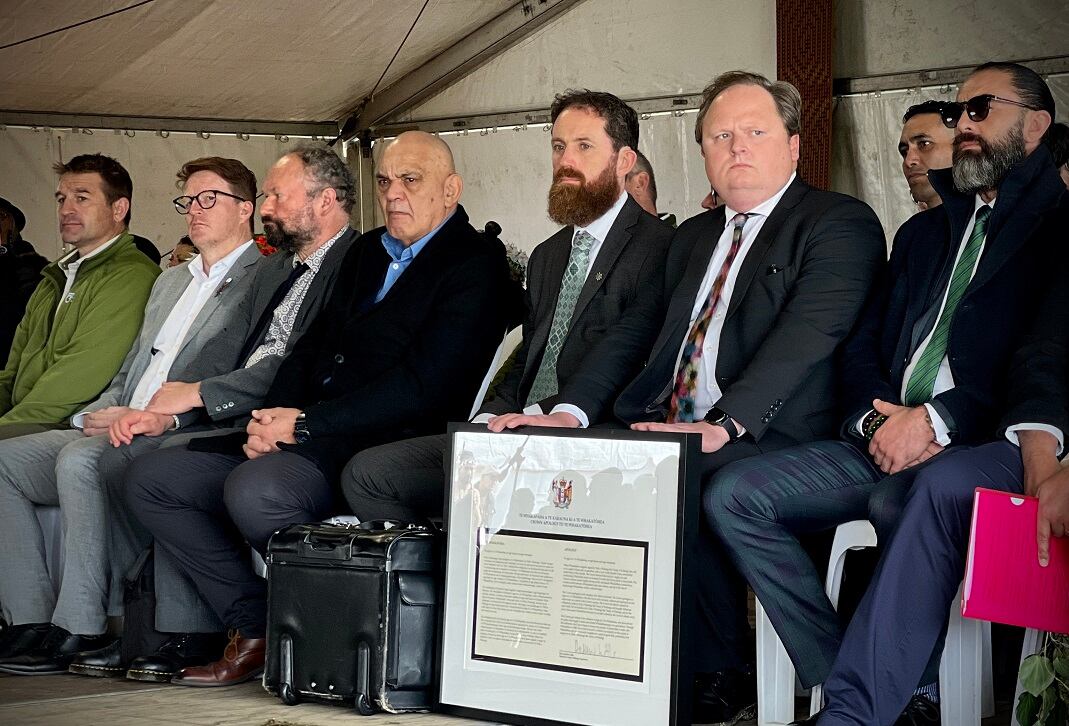
The redress package includes:
- The reservation of 5,000 hectares of marine space for aquaculture - a first in Treaty settlements to date.
- More than $100 million financial, cultural, and commercial redress.
- The transfer of 33 sites of cultural significance, bespoke natural resource and conservation arrangements.
- Relationship agreements with core Crown agencies.
Tuoro spoke about the process, “For almost a year, we did a round for hui a rohe (meeting around the country) to talk to our whānau about their aspirations and what they want to see in the future. We hold fast to that memoria (aspirations). Some, we’ve been able to weave it directly into key settlement negotiations."
For some Te Whakatōhea descendants, it was a time to mourn.
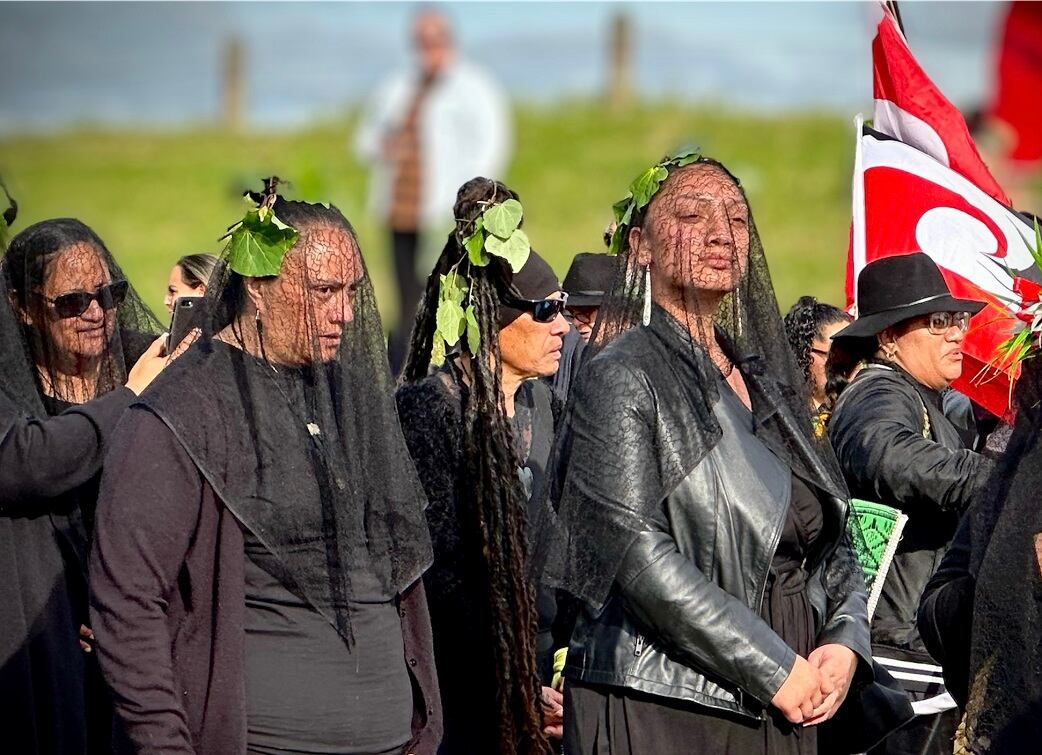
"Maumahara hoki au ki taua kuia, Eva Rickard. Ko ia anake e whakatutu ana i te puehu, i tū tai ana i te wā e whakatau ai a Waikato-Tainui i tō rātou kerēme. Nā rātou āno te tauira mō mātou," hei tā Sharon Cambell.
"I also remember the late Eva Rickard. She stood alone to oppose the Waikato-Tainui settlement and she is an example for us today," said Sharon Campbell, Te Ūpokorehe spokesperson.
"E mate parekura ana, mai i taua wā ki tēnei wā. Kaore he rerekētanga tae noa ki tēnei wā. Kei te aupēhi tonu tātou te iwi Māori, ka noho kāinga kore, kai kore, whenua kore."
"Our loss has been catastrophic, from then to now. There has been no change. Māori are still being oppressed; they are homeless, hungry and landless."
During the formalities, Maxwell acknowledged some of his relatives' opposition to the settlement and highlighted flaws in the process. He asked for unity moving forward.
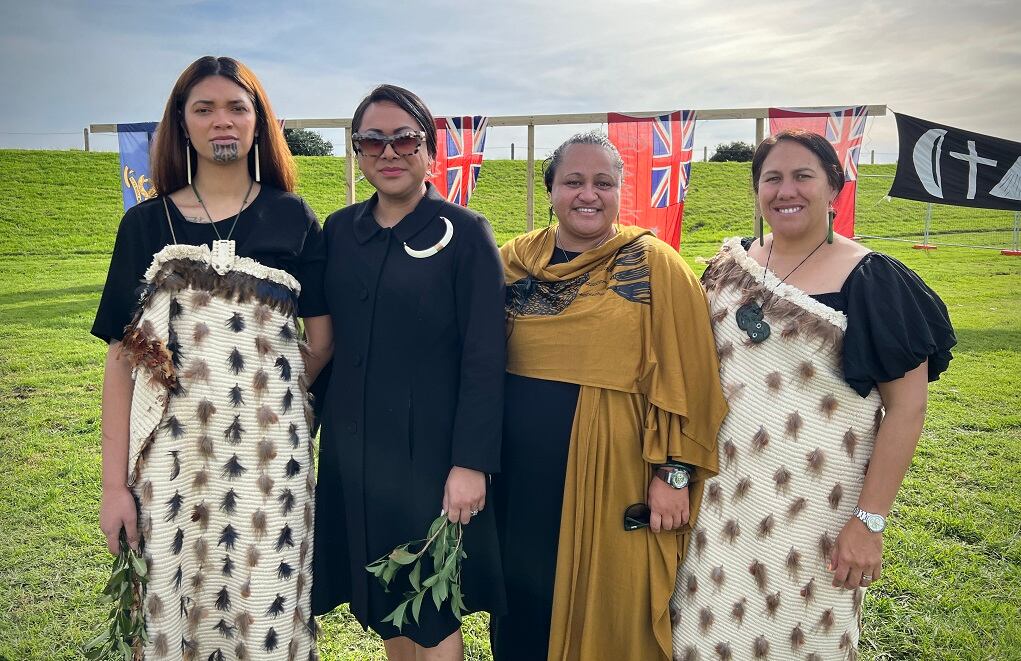
"Ko aku moemoeā mō te āpōpō kia mōhio ai taku iwi ko wai rātou, kia tū Toherauariki, ki te kake rātou i ngā tiketike katoa," hei tā Maxwell
"My aspiration for the next generation is that my people know who they are, and are resilliant so they may their highest potential," said Maxwell.
Tuoro also focused on the future, “One of our aspirations, is that whānau will be able to learn in the school curriculum the histories of our people.”
As the formalities ended, there was one call sent out to Te Whakatōhea, “Tāwharautia, Te Whakatōhea, Tāwharautia.” Unite Te Whakatōhea!
- Additional reporting Waimanea Nuri.

